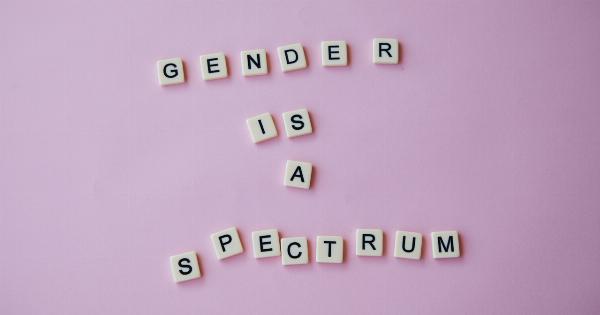Have you ever stopped to ponder why people often behave the way they do? Why some people shy away from social situations, while others crave the spotlight? Or why certain individuals continuously take risks while others shy away? These kinds of common behaviors can be attributed to a wide range of reasons, but typically boil down to six main factors. Here are the most common reasons for why people often behave in certain ways:.
: 1. Fear
One of the most common reasons for why people often behave a certain way is due to fear. Fear of the unknown, fear of failure, or fear of being judged can all significantly impact how a person decides to live their life.
Too frequently, people allow fear to dictate their decisions, instead of embracing opportunities and taking risks.
: 2. Past Experience
People often behave in certain ways because of past experiences that have shaped their perspectives, habits, and ideologies.
These past experiences may have been positive or negative, but regardless, they have had a significant impact on shaping an individual’s behavior and way of life. Often, past traumatic events can be a significant factor in determining someone’s habits and behaviors, causing them to act in a particular way throughout their life.
: 3. Genetics
Genetics can play a significant role in determining certain traits, tendencies, or behaviors that an individual may exhibit.
For instance, a person’s genetics can determine whether they are naturally extroverted or introverted, impulsive or cautious, and skeptical or trusting. Understanding one’s genetic predispositions and how they influence behavior is incredibly important for ensuring long-term happiness, health, and success.
: 4. Environment
The environment in which a person spends most of their time can significantly impact their behavior. This environment can include physical surroundings, such as living conditions, and the people surrounding them, such as family or peers.
The behaviors and habits of those around an individual can be incredibly influential, sometimes even more so than genes or past experiences.
: 5. Personal Values
Personal values are the fundamental principles by which an individual chooses to live. These values can be shaped over time, and often determine how a person interacts with their surroundings.
For example, a person with a strong sense of empathy is likely to be more compassionate and considerate in their actions and interactions with others, while someone lacking empathy may be more aggressive or selfish.
: 6. Social Norms
Finally, social norms can be a significant factor in determining how people act. These are the unwritten rules for behavior within a given culture or society.
Social norms encompass everything from how to dress appropriately and what language to use, to what behaviors to engage in and avoid. Consequently, social norms can significantly impact one’s behavior, even when those behaviors may not be in the person’s best interests.
Understanding the reasons for why people often do certain things is fundamental to developing empathy and strong interpersonal relationships.
Identifying the underlying reasons for people’s behaviors is critical for recognizing and addressing any deficiencies or weaknesses in one’s own behavior.




























